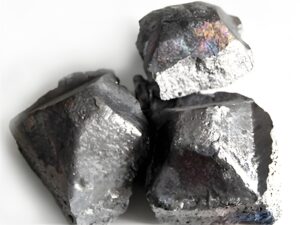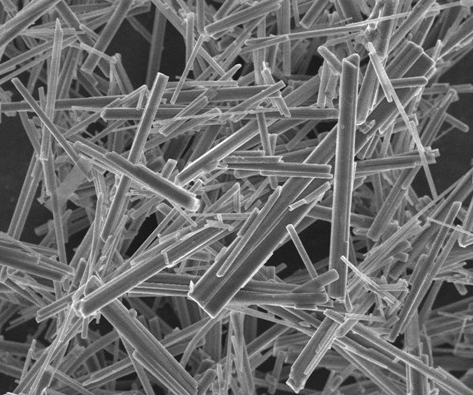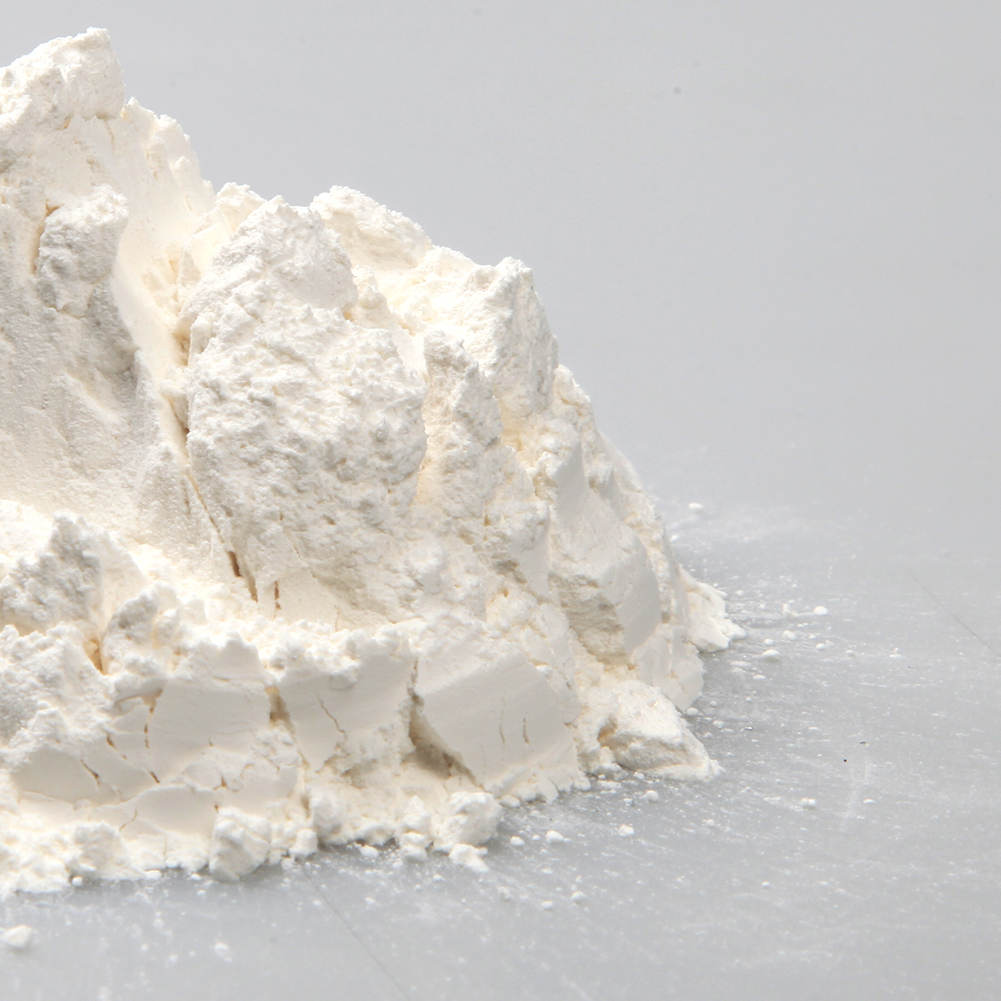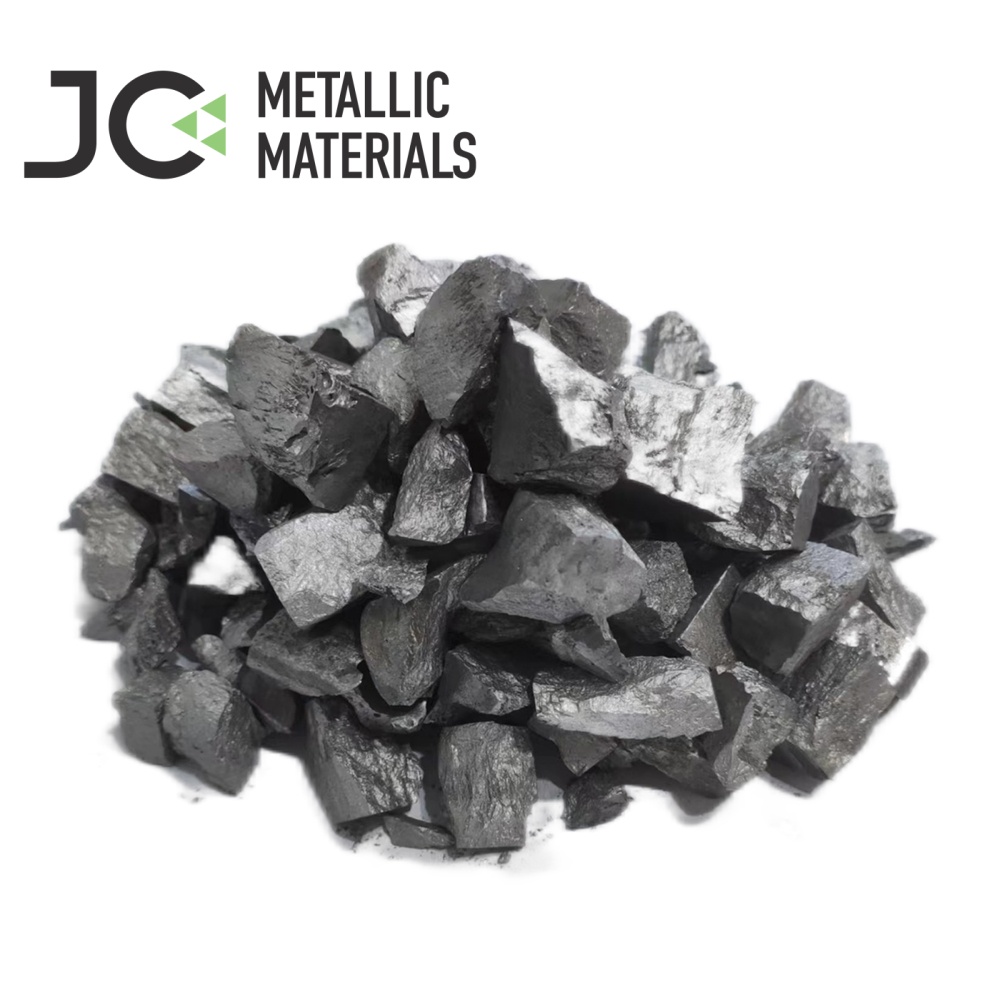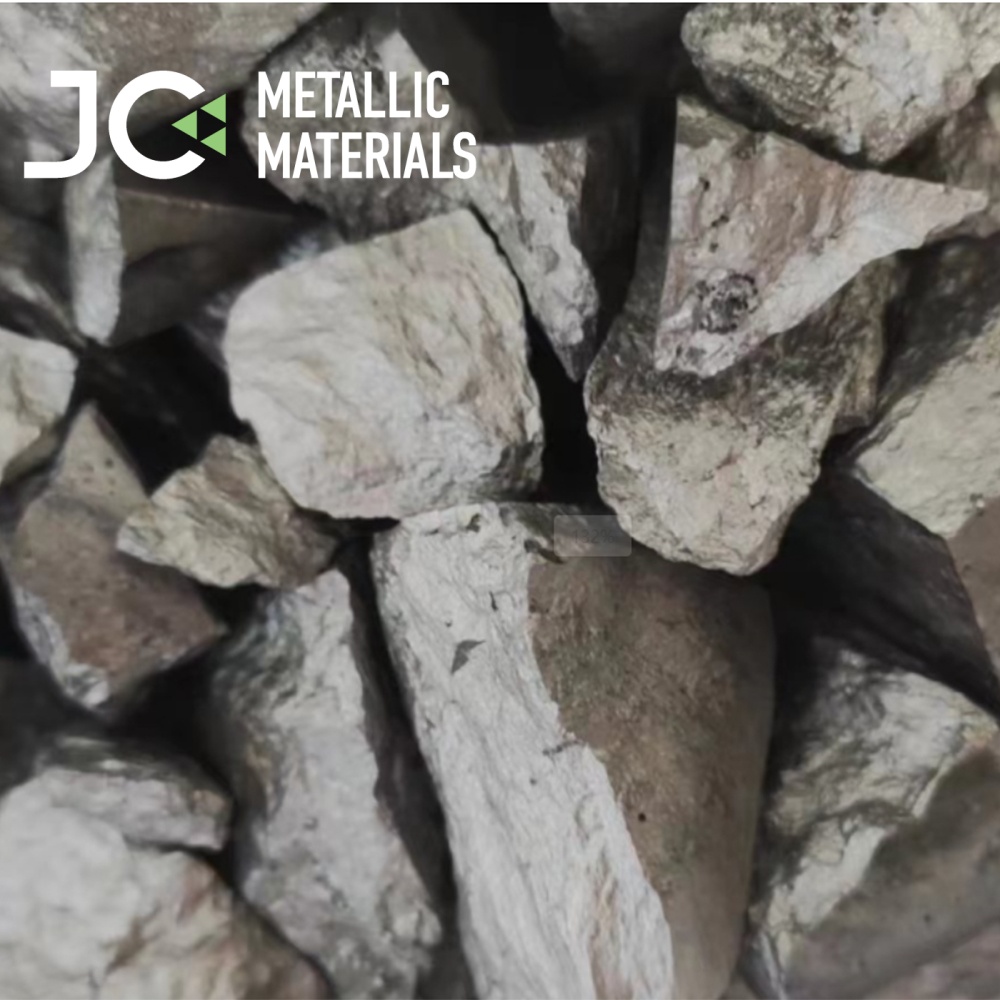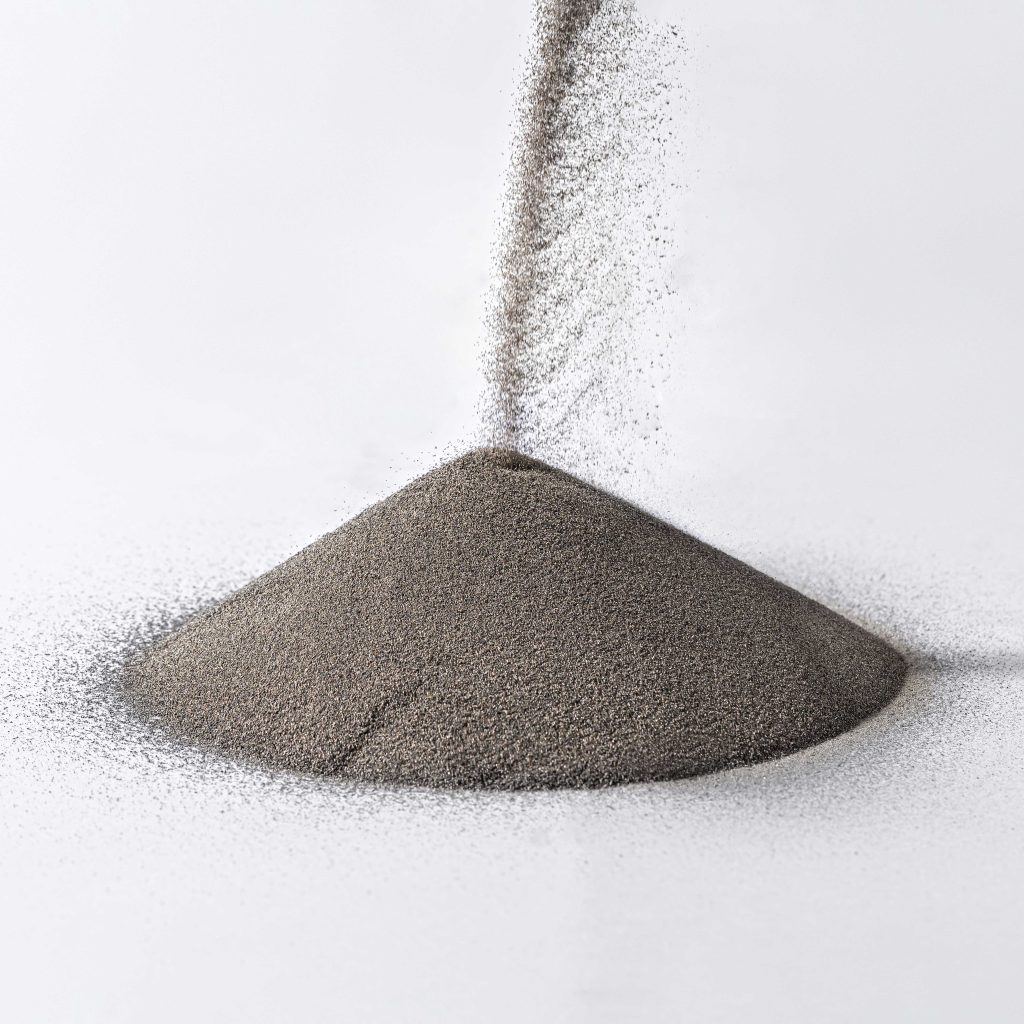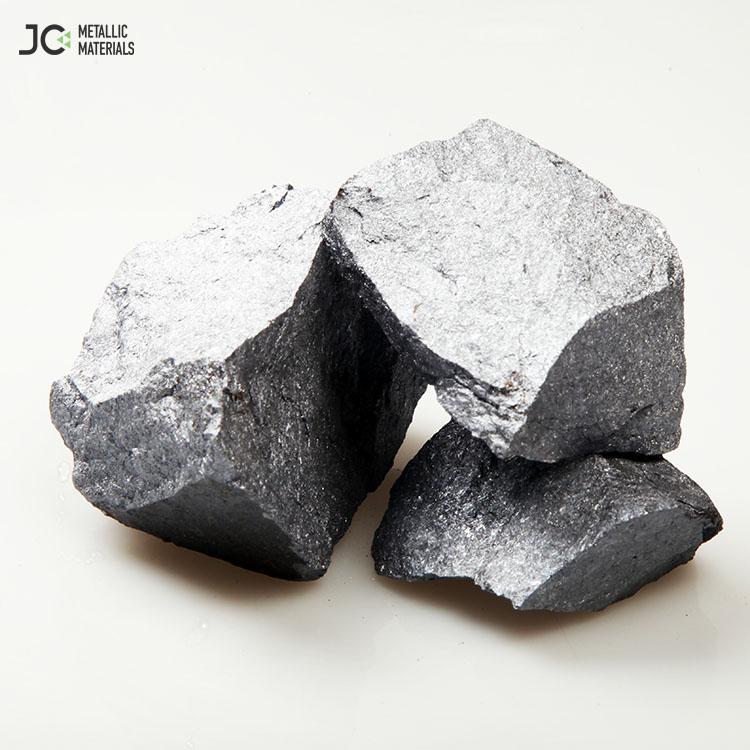
Key Differences Between Ferrous and Non Ferrous Metals
Ferrous and nonferrous metals form the basis of modern industry, influencing everything from automobiles and skyscrapers to electronics and aerospace technology. Each category has its own strengths and weaknesses, so making the right decision is essential to achieving long-term performance in demanding applications around the world.
Jinchun Metal provides high-quality metals powders to industries around the world. It is important for manufacturers, buyers, and engineers to understand the differences between non-ferrous and ferrous metals.
In this guide, we will help you compare between ferrous and non-ferrous metals to choose the best material for your industrial or automotive projects, construction or aerospace.
What is Ferrous Metal?
The ferrous metals category is a large group of metals whose main component is iron. The high strength, durability and versatility of ferrous metals make them a foundation for modern engineering. Ferrous metals are used in everything from skyscrapers to bridges, vehicles and heavy machinery.
Iron is a characteristic ferrous metal. It can be alloyed with other elements such as carbon, nickel, manganese or chromium. These additions enable the creation of an array of alloys, such as cast iron and stainless steel. Each alloy has unique chemical and mechanical properties that are tailored to specific applications.
Ferrous metals have many benefits. But they also have some limitations. When exposed to moisture, chemicals, or paints they are prone to corrosion and rust. Magnetic properties make them useful in electrical equipment. However, their weight and low resistance to extreme weather can limit their use in certain industries.
Properties of Ferrous Metals
- High strength and hardness: Ferrous materials are durable and tough, making them ideal for structural applications that require heavy-duty support.
- Magnetism: It is a property of most ferrous metals. It can be used in transformers, electrical motors and industrial machinery.
- Susceptibility to Corrosion: They rust easily without protective treatments in humid or salted environments.
- Cost Efficiency:Iron ore is abundant. Therefore, ferrous metals can be produced at a low cost.
- Versatility in Alloys: By adding elements such as carbon, chromium or nickel to ferrous metals, they can achieve greater wear resistance and corrosion protection.
Types of Ferrous Metals
In this section, we will discuss main types of ferrous metals.
- Carbon Steel: This steel is a mixture of carbon and other elements, which provides strength and hardness. It’s widely used for buildings, pipes, and tools.
- Cast iron: High in carbon and excellent in compressive strength, used for machinery, engine blocks, drainage systems, etc.
- Alloy steel: Combines chromium with nickel or molybdenum for improved wear resistance and strength.
- Wrought Iron: Malleable and corrosion-resistant. Historically used for gates, fences, decorative structures, etc.
Pros and Cons of Ferrous Metals
Pros
- Strong, durable, and able to carry a lot of weight.
- The product is widely available and reasonably priced.
- Construction, heavy machinery and infrastructure require this product.
Cons
- Without treatment, prone to corrosion and rust.
- Heavy compared to other non-ferrous alloys.
- Copper or aluminum has a lower conductivity.
What is Non-Ferrous Metal?
Non-ferrous alloys do not contain significant amount of iron. Their corrosion resistance, light weight, and superior thermal and electrical conductivity make them highly sought-after. They are therefore indispensable to industries like aerospace, electronics and marine engineering as well as precision manufacturing, where performance is crucial.
Non-ferrous metals include base metals, such as aluminum, zinc, and copper, as well precious metals, like gold, silver, or platinum. Each metal has its own unique benefits. Aluminum is lightweight, corrosion-resistant and offers unmatched conductivity. Copper also provides unparalleled conductivity. Nickel enhances strength and durability in high performance alloys that are used around the world.
Non-ferrous metals are resistant to corrosion and degradation by the environment, which makes them perfect for outdoor or maritime applications. Their non-magnetic property allows them to be used in sensitive electronic equipment. Their scarcity and high production costs make them expensive when compared with ferrous metals.
Properties of Non-Ferrous Metals
- Corrosion Resistance: Non-ferrous Metals are resistant to corrosion, which makes them ideal for outdoor and marine use.
- Lightweight: Aluminum and titanium alloys are lightweight and offer strength and reduced weight. This is important in aerospace and transport.
- Non-Magnetic: These are perfect for electronic devices that require a low magnetic field.
- Superior Conductivity: Copper and Aluminum have excellent thermal and electrical conductivity.
- Aesthetic Appeal: The color and finish of many non-ferrous metals such as bronze or Brass make them attractive.
Types of Non-Ferrous Metals
- Aluminum: Used in the aerospace, automotive and packaging industries.
- Copper:It is widely used in motors, electrical wiring and electronic devices.
- Zinc:It is corrosion-resistant and used to galvanize steel in order to increase durability.
- Nickel: It is a corrosion-resistant metal that provides strength and is used to produce stainless steel.
- Lead:A heavy and malleable metal used in batteries, shielding and other specialized applications.
Pros and Cons of Non-Ferrous Metals
Pros
- Superior corrosion resistance for extreme environments
- Lightweight and high strength to weight ratio.
- Excellent thermal and electrical conductivity.
- Non-magnetic and suitable for precision electronic industries.
Cons
- Limited availability makes the product more expensive.
- Ferrous metals have a lower tensile resistance.
- Can deform when under extreme pressure or heavy loads.
Future Trends and Applications of Ferrous vs. Non-Ferrous Metals
Ferrous and nonferrous metals are shaping industries around the world, with future applications focused on innovation, sustainability and efficiency.
1: Iron and non-ferrous metals in modern industry
Ferrous and nonferrous metals are essential to today’s industry. Ferrous metals are used in construction, heavy machinery and electronics, while nonferrous metals fuel innovation in renewable energy and aerospace. Combining their use, they balance cost, performance and sustainability.
2: Recycling and Sustainability of Non-Ferrous vs. Ferrous Metals
The global metal supply chain is heavily reliant on recycling. Steel is the most recycled metal in the world, due to its high recycling rates of ferrous metals. Aluminum and copper, which are non-ferrous metals, retain their quality even after recycling. This contributes to eco-friendly production as well as cost savings.
3: Choose the Right Metal for your Application
Weight, durability, corrosion resistance and cost are all factors that influence the decision to use ferrous or non-ferrous materials. In order to ensure efficiency and performance, engineers and manufacturers will often combine both types of metals in their projects. Metal powders are customized and of consistent quality when you work with reliable suppliers.
Final Thoughts
Both ferrous and nonferrous metals play a crucial role across industries. Each has its own strengths and applications. Ferrous metals offer unmatched strength and durability for heavy machinery and construction, while nonferrous metals are lightweight and corrosion resistant for aerospace, electronics and energy solutions.
Jinchun Metal specializes in providing high-quality metals powders that meet a variety of industrial needs. We ensure you get the best material for performance and efficiency.
